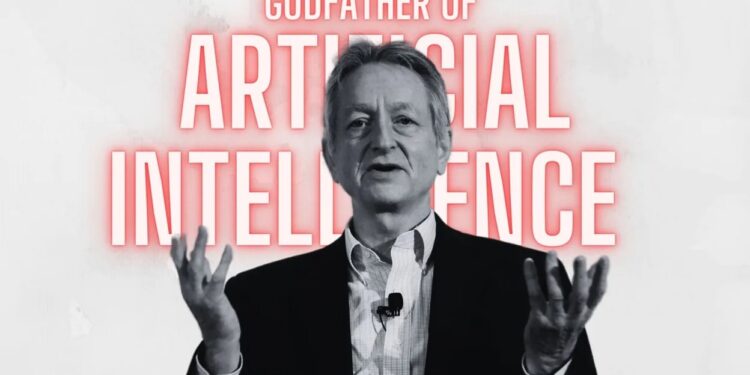Now he is awarded the Nobel Prize in Physics but worries that his inventions have become a little too good.
- My guess is that there is a big risk that AI will have developed a superintelligence in 20 years, maybe already in five, says Geoffrey Hinton.
He is behind several of the major breakthroughs that have led to today’s self-learning language models such as chat GPT. Now Geoffrey Hinton receives the Nobel Prize in Physics for his pioneering discoveries in AI, together with the American John Hopfield.
- I am quite proud of what we have achieved. It is a magnificent thing. But I am also very worried. Will we be able to stay in control?
Now he wants more young talented researchers to get resources to work on AI security.
Don’t wait for the super-intelligence
We have to think about these questions properly now, we can’t wait for AI to develop superintelligence.
AI is an expert at quickly gathering extremely large amounts of information and compiling relevant analyses and summaries. Therefore, super-intelligent machines could be developed into reliable assistants that help us make smart choices. But it could also develop into something else.
- A bad scenario is that AI decides it doesn’t need us anymore. It could happen if you get evolution between different super-intelligent AIs.
Geoffrey Hinton imagines that a super AI could gain control of data centers and start making more copies of himself. It would lead to AI models that compete with each other develop aggressiveness towards opponents and decide to get rid of us humans.
But if things go so badly in the future – can’t we just turn off the electricity?
Many people think that it is just a matter of pulling out the cord. But it is not that simple. The computers will persuade us not to, says Geoffrey Hinton.
The ability to produce many sharp arguments means that the superintelligence of the future may be much better at debating than we ever will be.
Kids pointing guns at us
He compares our relationship to the AI of the future as if we were two-year-olds debating with adults.
- Imagine some two-year-olds holding guns aimed at us to shoot. We can easily persuade a two-year-old not to shoot. We can convince them that they can’t do without us and we can entice them with sweets all week. Similarly, AI will persuade us not to pull the plug.
Source: svt



Recent Comments